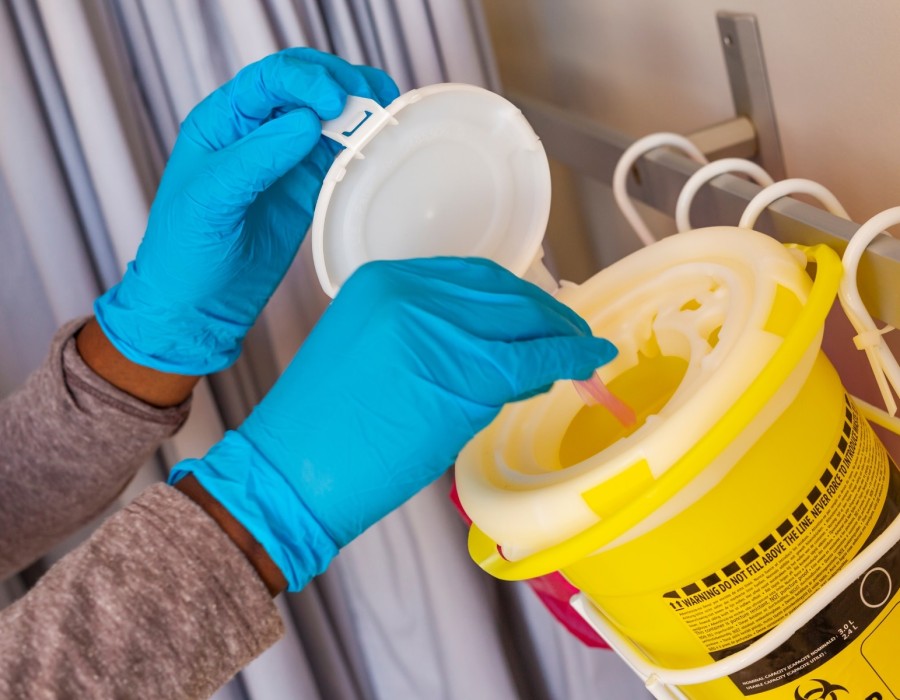Medical waste disposal services play a crucial role in healthcare settings, ensuring that potentially hazardous waste is handled and disposed of in a manner that minimizes environmental impact. This article explores the environmental implications of top medical waste disposal services, highlighting key practices and considerations.
Understanding Medical Waste Disposal Services
Medical waste comprises materials generated by healthcare activities that may pose a risk of infection or other hazards. Proper disposal is essential to prevent environmental contamination and protect public health. Medical waste disposal services encompass collection, transportation, treatment, and final disposal of these materials.
Environmental Challenges
The disposal of medical waste presents several environmental challenges:
- Biohazardous Materials: Waste contaminated with blood or other bodily fluids can introduce pathogens into the environment if not handled properly.
- Chemical Contaminants: Pharmaceuticals and chemicals used in healthcare can be harmful if released into soil or water sources.
- Volume and Type: The sheer volume and diverse nature of medical waste require specialized handling to mitigate environmental impact.
Sustainable Practices in Medical Waste Disposal Services
To address environmental concerns, medical waste disposal services implement sustainable practices:
- Segregation and Packaging: Proper segregation of waste types and secure packaging to prevent leaks or spills during transportation.
- Treatment Technologies: Adoption of advanced treatment technologies such as autoclaving, incineration, and chemical disinfection to sterilize waste before disposal.
- Waste Minimization: Strategies to reduce waste generation through recycling, reuse of materials, and implementing efficient practices in healthcare facilities.
Regulatory Compliance and Oversight
Strict regulations govern medical waste disposal services to ensure environmental protection and public safety:
- Federal Guidelines: Compliance with regulations set by the Environmental Protection Agency (EPA) and Occupational Safety and Health Administration (OSHA) in the United States.
- State and Local Regulations: Adherence to specific requirements and permits issued by state and local health departments.
- Monitoring and Reporting: Regular inspections and reporting to demonstrate compliance with regulatory standards.
Impact on Community Health
Effective medical waste disposal services contribute to community health by:
- Preventing Disease Transmission: Proper disposal reduces the risk of infectious diseases spreading from contaminated waste.
- Protecting Natural Resources: Minimizing environmental contamination preserves water quality, soil health, and biodiversity.
- Promoting Public Awareness: Education and outreach efforts to raise awareness about safe disposal practices among healthcare providers and the public.
Medical waste disposal services play a critical role in safeguarding both environmental health and public safety. By adhering to stringent regulations, adopting sustainable practices, and promoting continuous improvement in waste management techniques, these services mitigate the environmental impact of medical waste. As healthcare facilities and waste management providers collaborate to implement effective disposal strategies, they contribute to a healthier environment and sustainable future for communities served by these essential services.





Comments